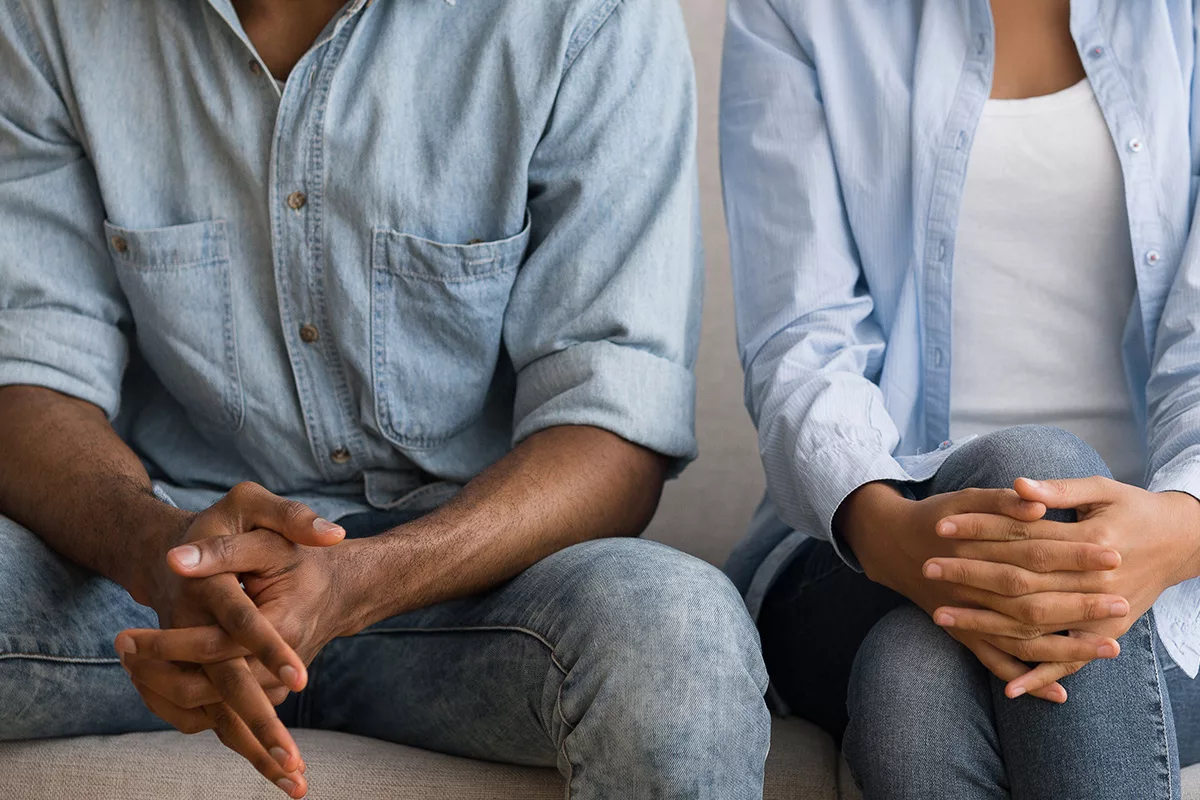
Keeping you up to date
Latest News
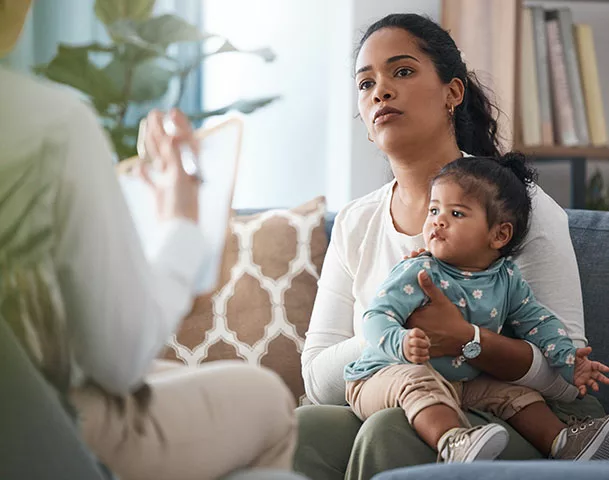
Post-adoption Contact: Understanding the Impact on Families

Considering Human Rights Claims in Children’s Legal Representation

Cafcass updates domestic abuse practice policy
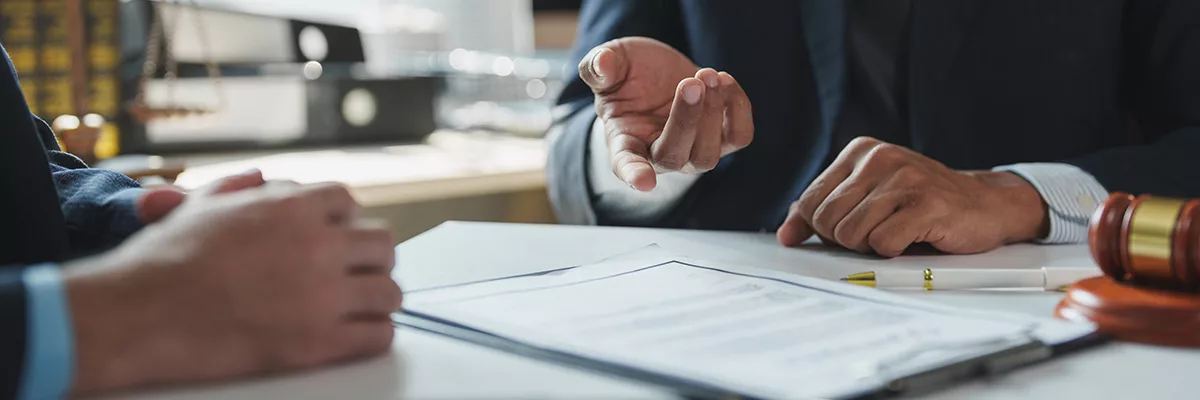
The Family Justice Council’s Guide to Supporting Neurodivergent Individuals in the Family Justice System
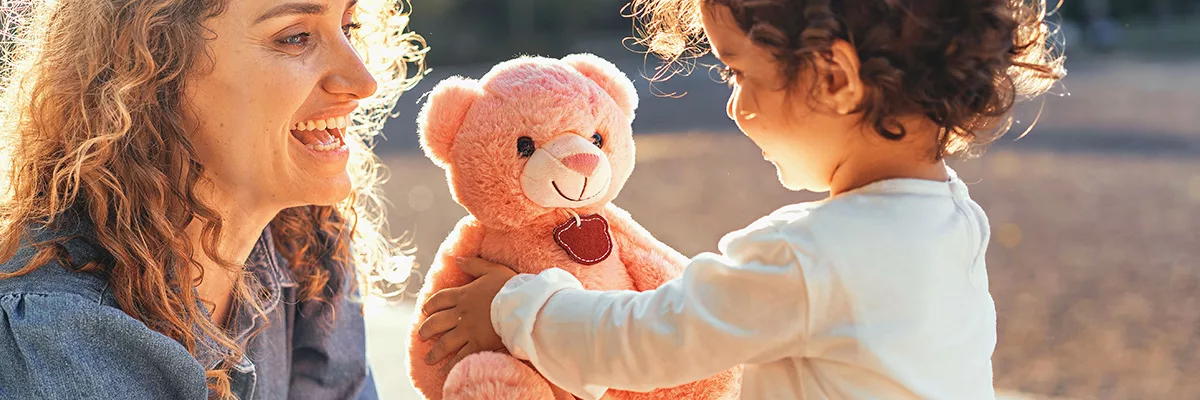
Understanding the Public Law Outline (PLO) Process
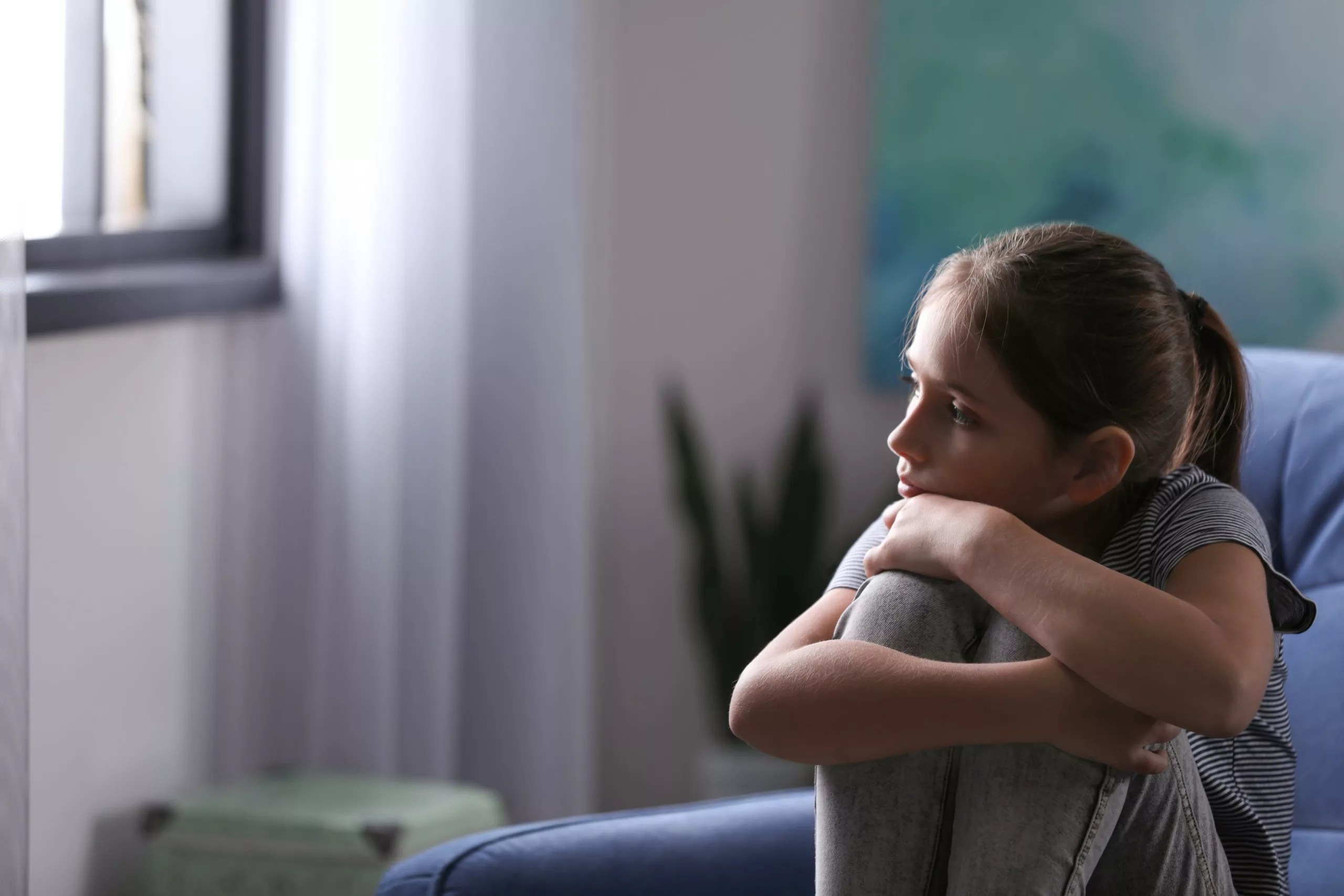
New Guidance from the Family Justice Council on Alienating Behaviour, Previously Referred to as Parental Alienation
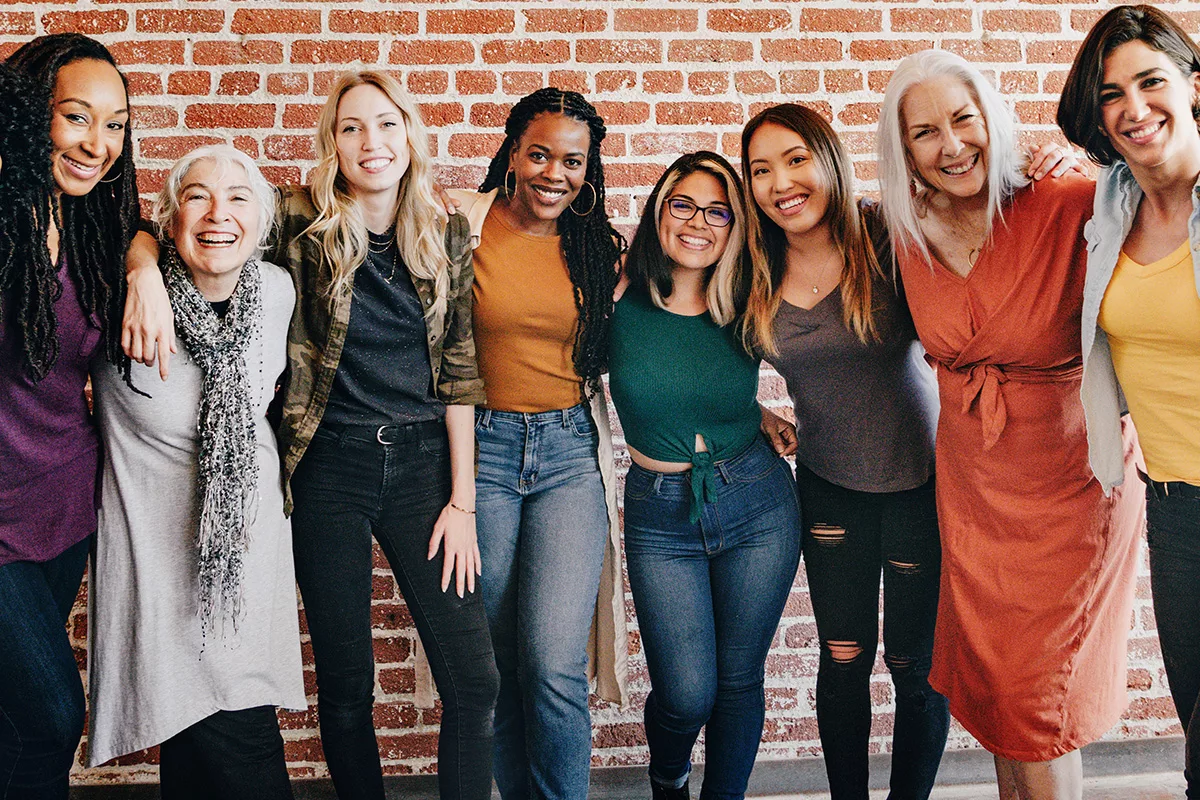
International Women’s Day 2025
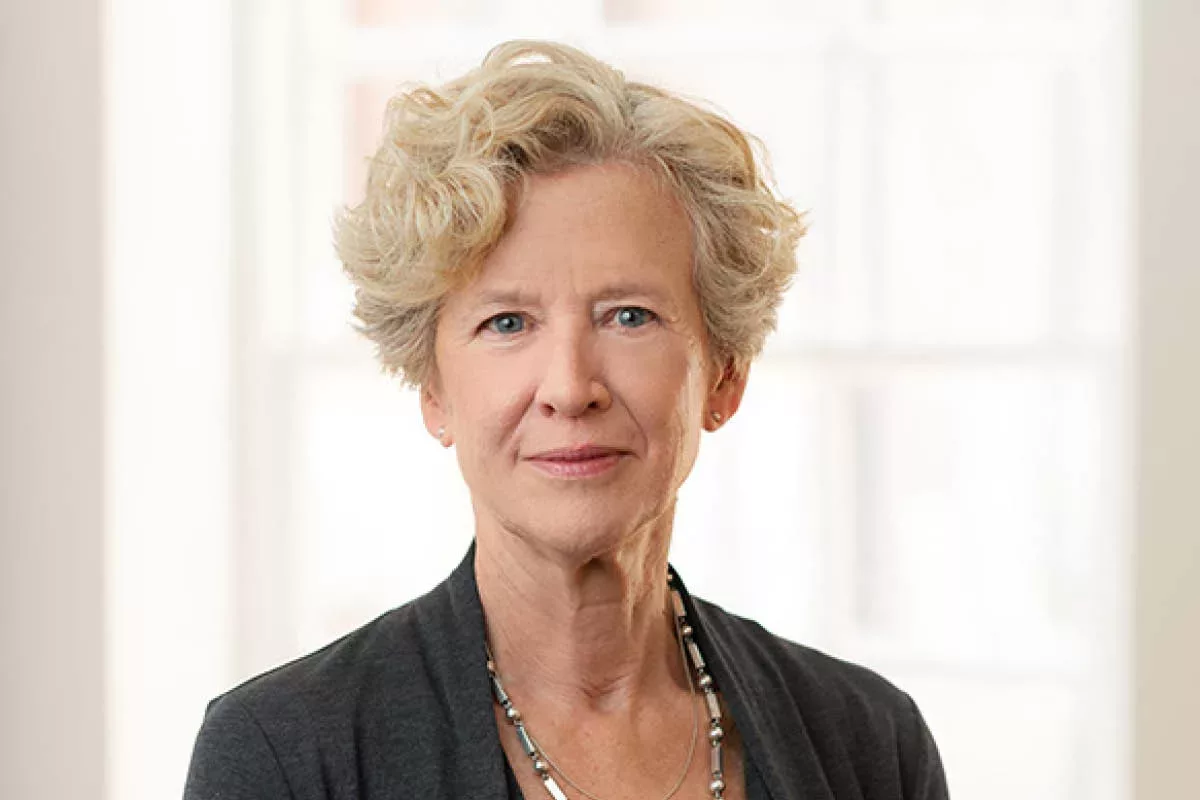
A welcome ‘watershed’ for family courts
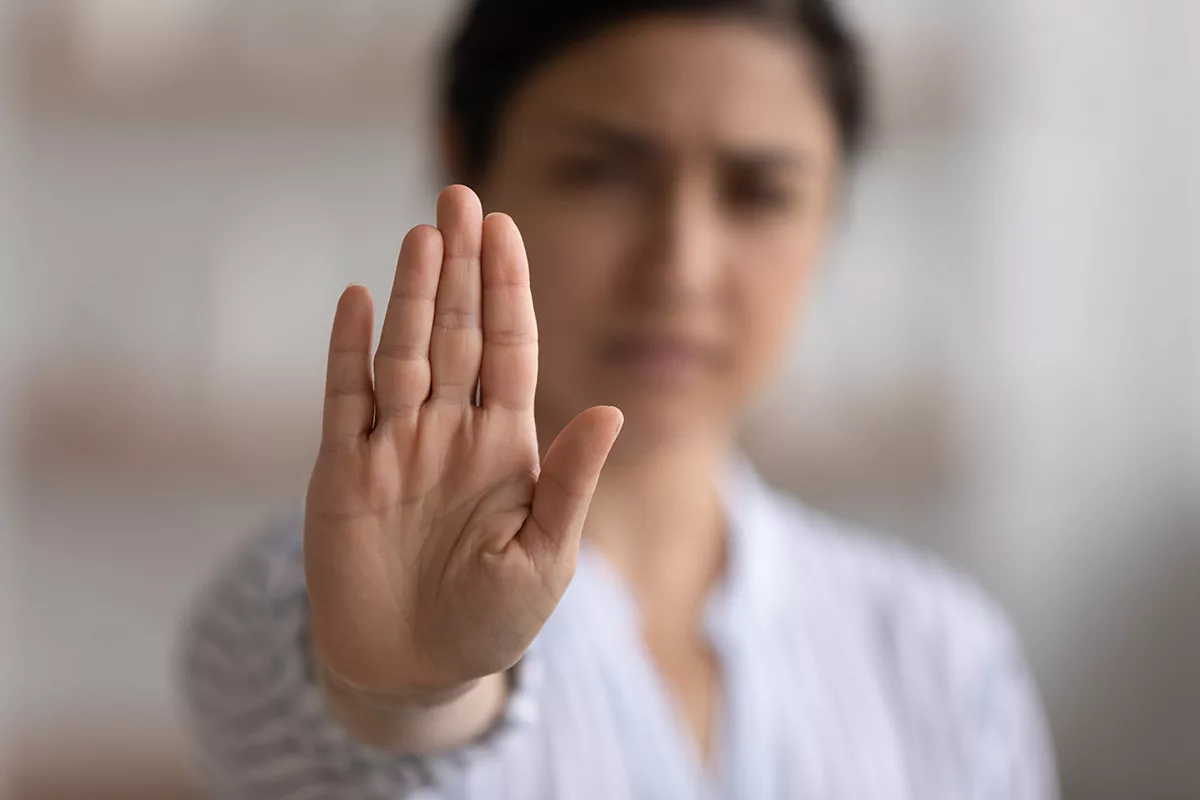
No More Week 2025: The Campaign to End Domestic Abuse and Sexual Violence
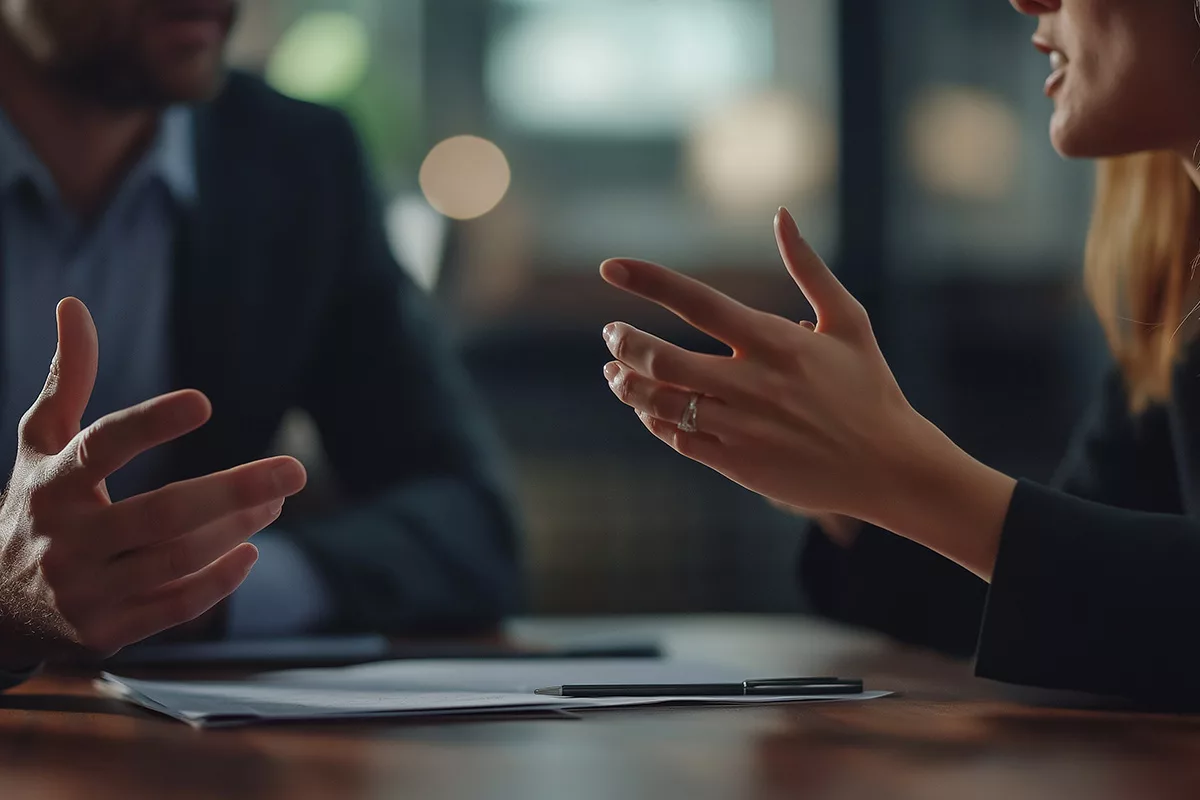
A Comparison of Non Court Dispute Resolution
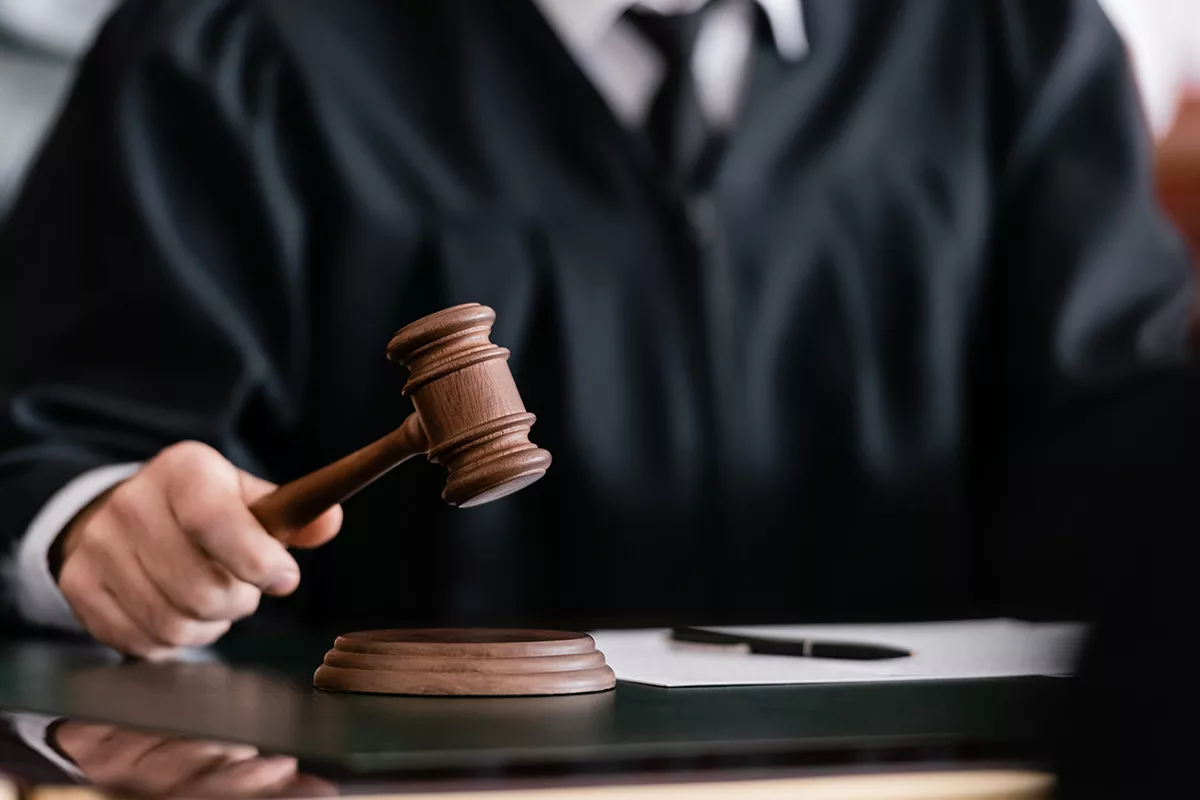
Transparency in the family courts and Sara Sharif – what does it mean?
